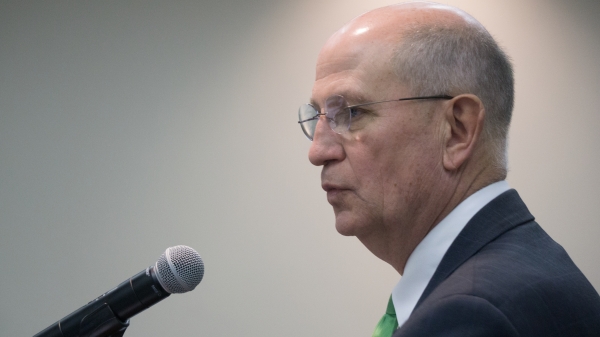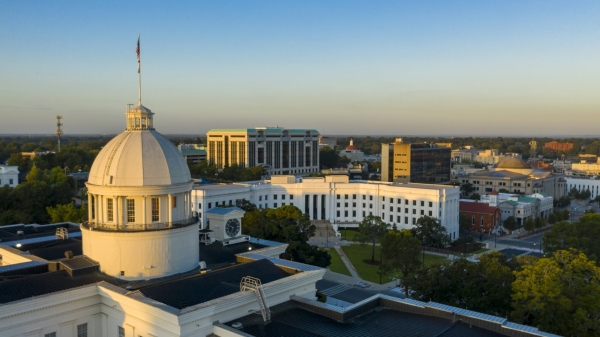The inclusion of $25 million for a Montgomery whitewater park in Gov. Kay Ivey’s initial proposal for the Education Trust Fund drew the confusion and ire of many, with some questioning whether the move was even legal.
That funding was stripped clean of a $2.8 billion supplemental ETF budget by a Senate committee on Wednesday, who instead chose to promote a grant program to help schools fund capital projects and a system to manage excess revenue.
It also removed a number of other proposals with limited connections to education in Ivey’s proposal, including a Mobile airport.
TheK-12 Capital Grant Program would operate within the office of the lieutenant governor and would initially require $185 million.
The Educational Opportunities Reserve Fund, which Chairman Arthur Orr, R-Decatur, called a “sexy name for a savings account,” would initially be funded with $500 million and could only be accessed during economic downtimes.
The bill states the limited purposes for accessing the funds as “to offset a reduction in estimated revenues of at least 2 percent to the Education Trust Fund for the current fiscal year as certified by the Director of Finance and the Legislative Fiscal Officer; to provide funding for unanticipated obligations; and for start-up or transitional support for initiatives that provide access to enhanced educational opportunities to all public K-12 or higher education students in the state, or both.”
The proposal also includes a $30 million bill to create the Higher Education Revolving Loan Program Fund, which could temporarily help struggling public or private colleges, including Birmingham Southern College.
The budget includes $40 million for school safety grants, four times the $10 million originally proposed by Ivey.
The bill also includes $20 million to fund some classroom instructional support materials for teachers ahead of the fiscal year in October; $15 million for funding based on outcomes for the four-year public universities; and around $200 million for additional higher education projects at two- and four-year colleges.
In addition to cutting out the Chamber of Commerce projects funds, the Senate committee also removed a $200 million allocation for the Main Street program and $31 for a statewide magnet school on healthcare sciences.
The education budget package is expected to be on the Senate floor today.
















































